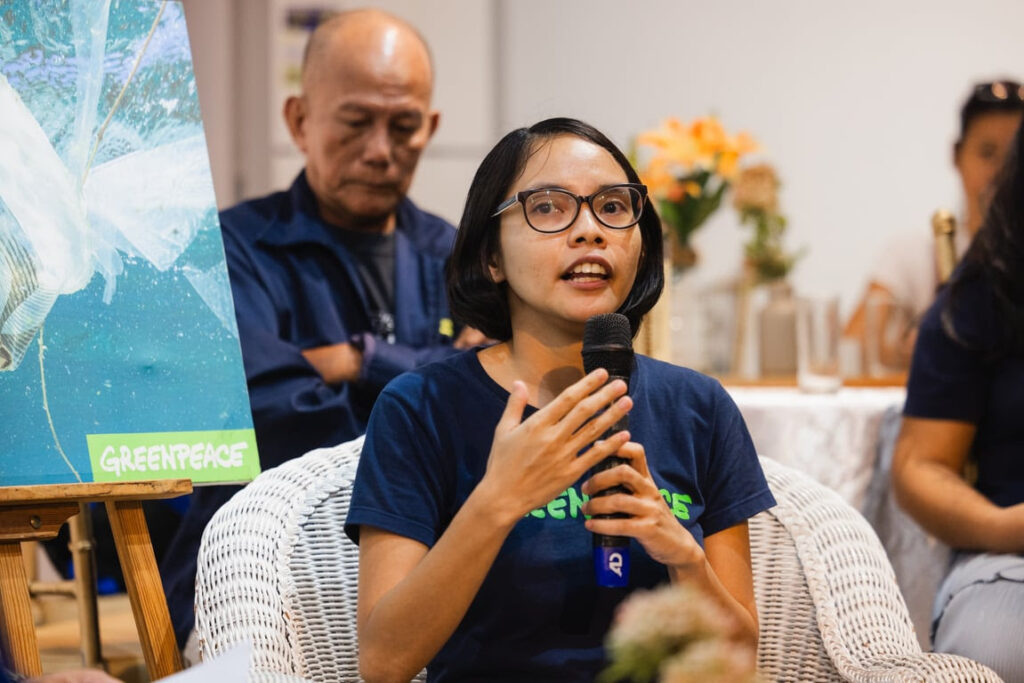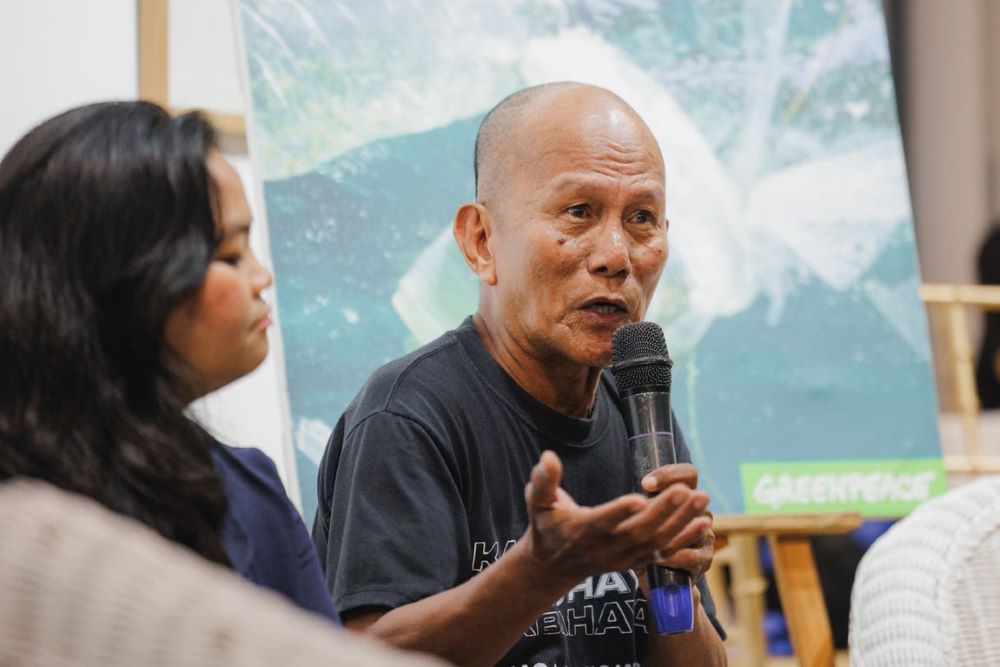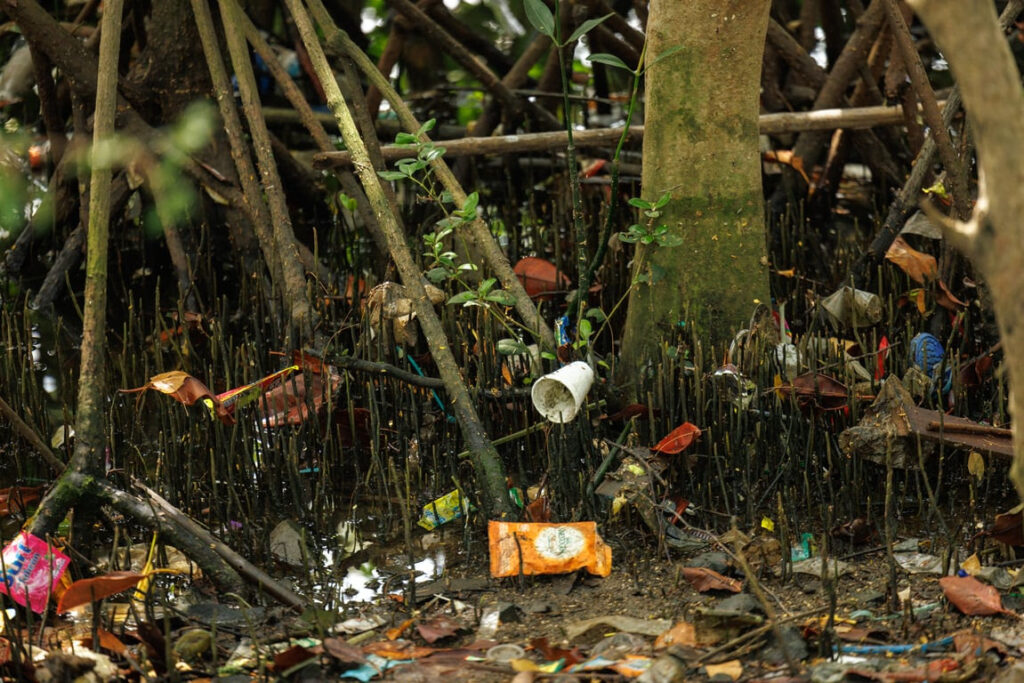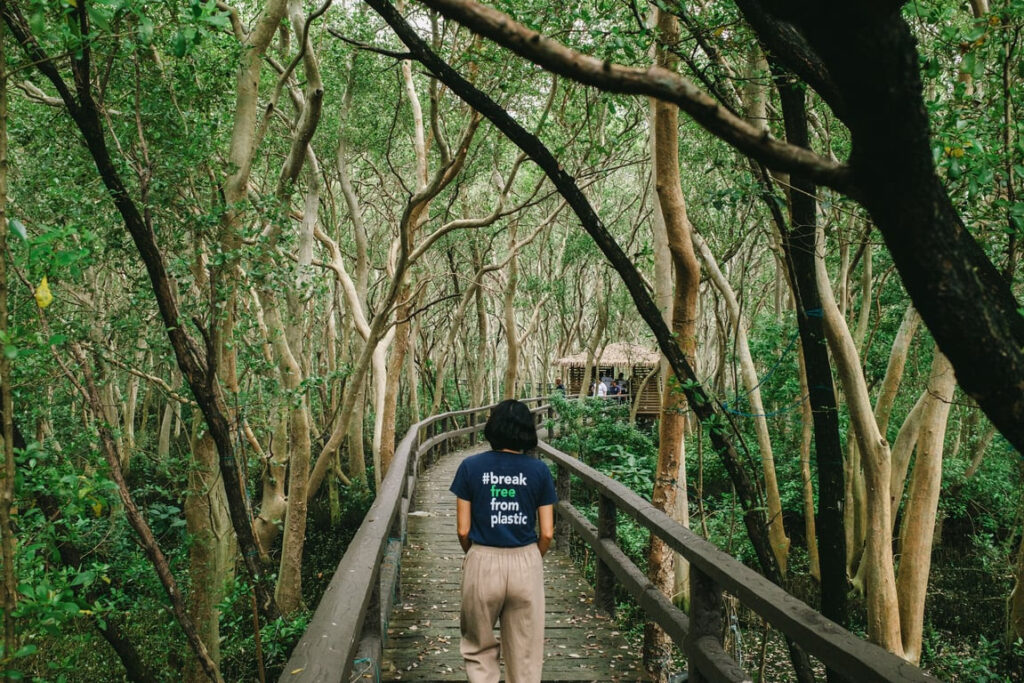MSMEs in the Philippines are taking significant steps to reduce their reliance on single-use plastics (SUPs), proving that sustainability is achievable even for businesses with limited resources.

Their actions are a powerful message to larger corporations, demonstrating that eco-friendly business practices are not only possible but essential.



“Small businesses are doing their part in decreasing reliance on single-use plastics, and are proving that it is possible,” said Marian Ledesma, Zero Waste Campaigner for Greenpeace Philippines, during an event titled “Reduce, Reuse, Refill: 3Rs to End Plastic Pollution.” She challenged major corporations to step up, adding, “There’s no excuse for major corporations not to follow suit.”

The event, which was co-organized by environmental advocates, the Department of Trade and Industry (DTI), and business groups, aimed to encourage MSMEs to adopt sustainable practices and reduce the production and consumption of SUPs. With MSMEs comprising 99.59% of all business establishments in the Philippines, their collective action could create a ripple effect, pushing industries toward more sustainable models.

MSMEs given a field immersion in environmental awareness

As part of the initiative, participants were brought to the Las Piñas-Parañaque Wetland Park (LPPWP), an area known for its rich biodiversity and its role as a haven for over 41 migratory bird species, including the endangered Philippine duck. However, LPPWP faces growing threats from plastic pollution, an issue highlighted during the event.

Participants, including fisherfolk, community members, and business owners, witnessed firsthand how single-use plastics litter the mangroves and shores of the wetland, negatively impacting both wildlife and local livelihoods.



One of the attendees, Pablo “Ka Pabs” Rosales, Chair of PANGISDA Pilipinas, shared the plight of local fishermen: “Plastic destroys our fishing gear and drives fish away from their breeding grounds. It covers and kills coral reefs, seagrass, and mangroves.”

Rosales, along with other environmental advocates, called on businesses to prioritize sustainable alternatives and support efforts to restore the country’s marine ecosystems.

MSMEs as catalysts for change

One of the key messages of the event was that MSMEs, due to their numbers and close connection to communities, have the power to drive the shift away from single-use plastics.

According to Ledesma, MSMEs are in a unique position to influence consumer behaviour and lead the way in transitioning to more sustainable business practices.

This sentiment was echoed by DTI-National Capital Region OIC-Regional Director Winston T. Singun, who emphasized that sustainability is essential not just for the environment, but for the long-term resilience of businesses.

“There are no businesses to speak of in an inhospitable future plagued with environmental crises,” Singun warned. “MSMEs have the power to make a positive impact not only on our economy but also on our planet.”

The discussions following the field immersion showcased practical and innovative approaches to reducing plastic waste. Entrepreneurs from various industries, including hospitality, retail, and food services, shared their experiences in greening their supply chains and adopting reusable, refillable solutions.

One solution may be gleaned from the efforts of AQUARING, an innovative Italian company, which recently brought its revolutionary water treatment technology to the Philippines. Their new technology disrupts the status quo in the fight for clean water using harsh chemicals, which can pose a threat to human health, as it uses safe, high-frequency electric pulses to keep water clean, safe, and flowing freely.

Solutions for a plastic-free future



Several MSMEs, such as Kuha sa Tingi, JuanaZero, Sabon Express, and Good Food Community, presented their plastic reduction strategies, ranging from refill stations to zero-waste retail stores. These businesses have found creative ways to minimize plastic use and provide consumers with sustainable alternatives. The message was clear: solutions exist, and they are scalable.

A sustainability advocate and entrepreneur, Rizza Lana Sebastian encouraged more businesses to explore sustainable practices. “By reducing plastics in tourism and retail, and greening supply chains, we can create a just zero-waste transition,” she said.

Greenpeace Philippines, along with other environmental groups, expressed optimism that MSMEs will continue to lead the way in addressing plastic pollution at its source. The field immersion and subsequent discussions are part of the “Champions of Change” initiative, a global collective of forward-thinking businesses committed to a plastic-free future.

The event left many MSMEs inspired to embrace sustainability, proving that small businesses can be catalysts for large-scale environmental change. As more companies adopt sustainable practices, the hope is that larger corporations will follow their lead and prioritize the planet over profit.

With the ongoing threat of plastic pollution looming large, MSMEs are showing that a future free of single-use plastics is achievable and necessary for the survival of businesses and ecosystems.






